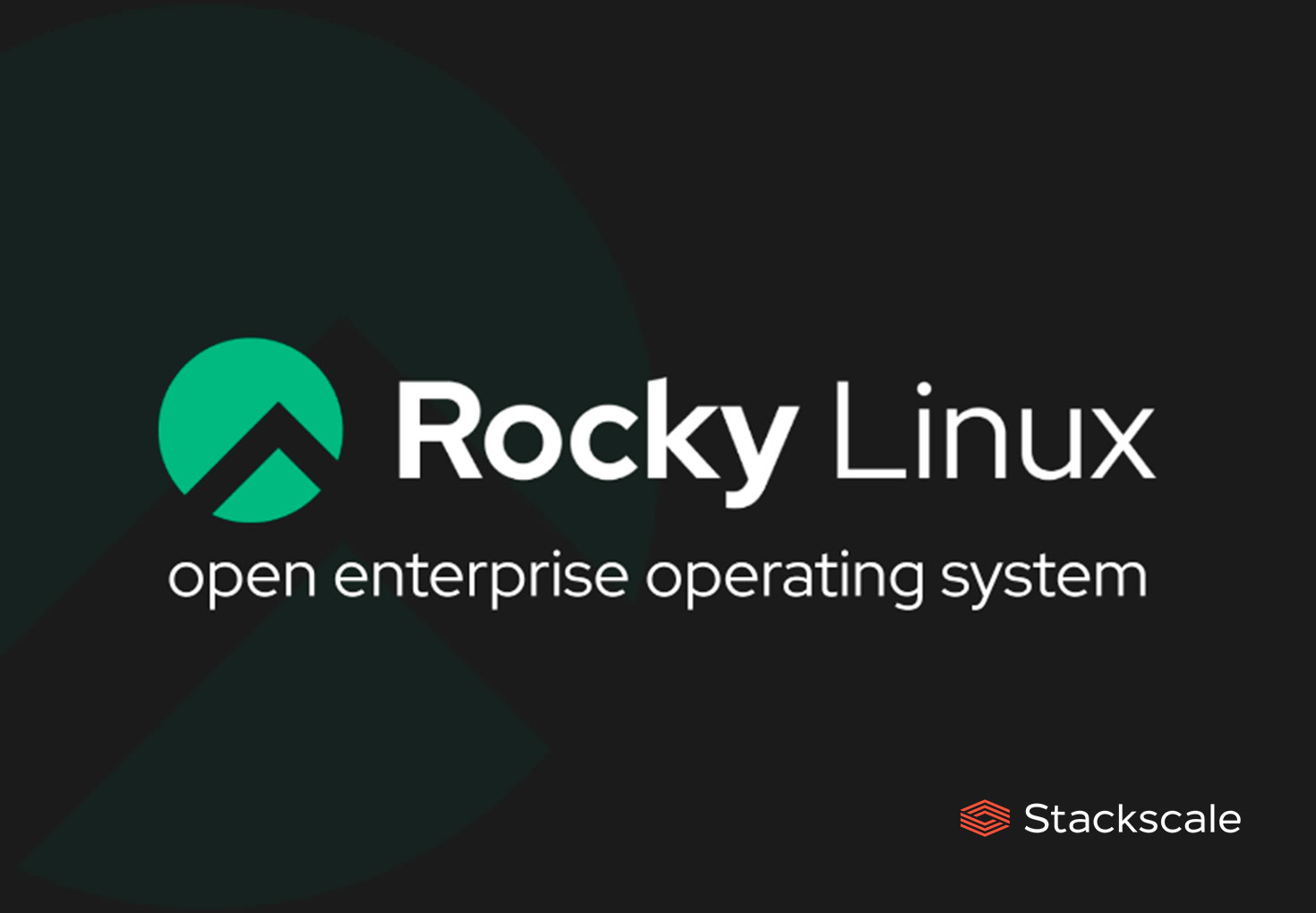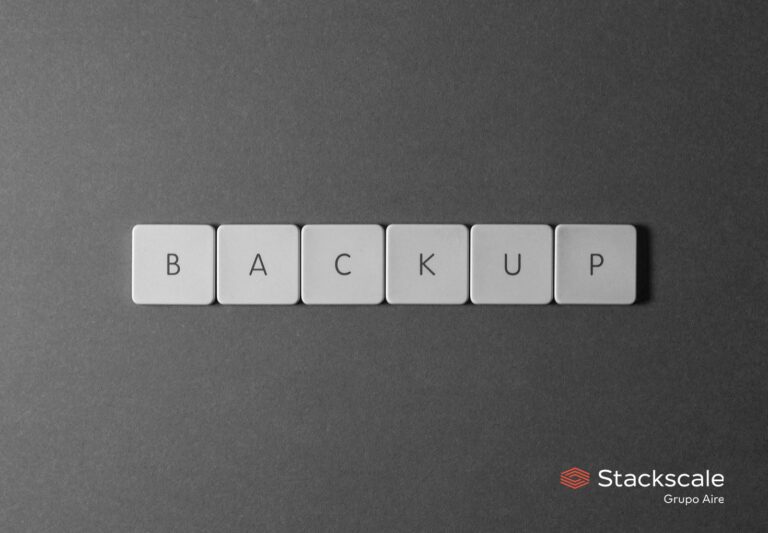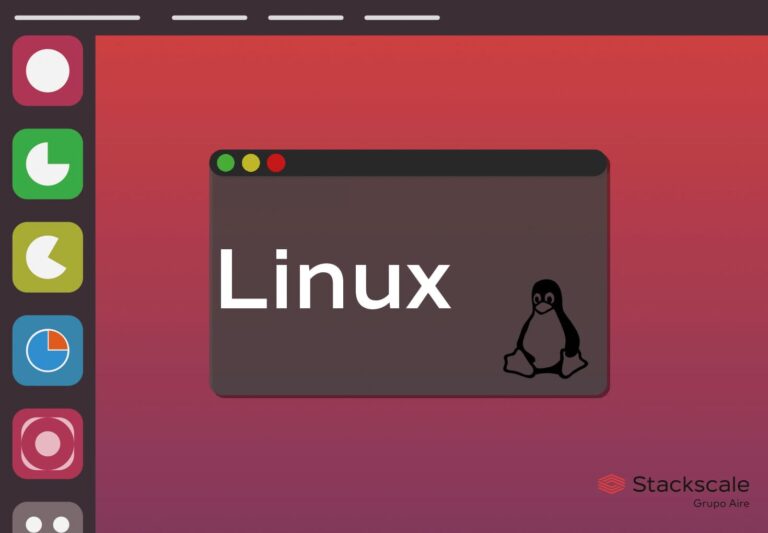Rocky Linux is one of the Linux distributions that have appeared after the announcement of the replacement of CentOS Linux by CentOS Stream. It aims to continue the community-supported distribution compatible with RHEL, after the discontinuation of CentOS 8 by December 2021.
Foundation and goals
Gregory Kurtzer — founder of CentOS, together with Rocky McGaugh — leads this new distro. As Rocky McGaugh unfortunately passed away before seeing the success CentOS became, this new distribution has been named after him.
The Rocky Linux distribution wishes to fill the gap CentOS left as a downstream of RHEL. As the new strategy of Red Hat entails numerous problems across the CentOS community. Rocky Linux aims to be, as explained on their Wiki:
“a solid, stable and transparent alternative for production environments, developed by the community for the community”.
This distro does not aim to debrand and repackage RHEL. On the contrary, its goal is to figure out a model that allows to always keep the distribution freely available and in the hands of the community. To do so, collaborators and sponsoring organizations have built the infrastructure from the ground up. Stackscale collaborates with this opensource project by delivering public mirrors in Amsterdam and Madrid.
Furthermore, it is worth highlighting that, in May 2022, Rocky Linux has raised 26 million dollars in a round of Series A funding.
Rocky Linux versions
On April 30th, 2021, the RESF made available a release candidate (8.3 RC1), for the community to test, validate expected functionality and report potential bugs. As explained in their website, a release candidate is a beta version of a product that has the potential to be stable. Therefore, it should never be used in production environments.
The current version of the distribution is Rocky Linux 8 (EOL: May 31st, 2029). In November 2021 version 8.5 was released and the last released version, as of May 2022, is Rocky Linux 8.6.
Furthermore, other alternative distributions have appeared, such as AlmaLinux.




